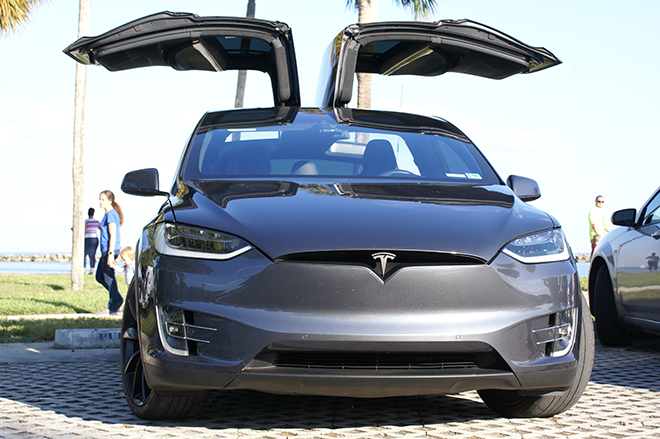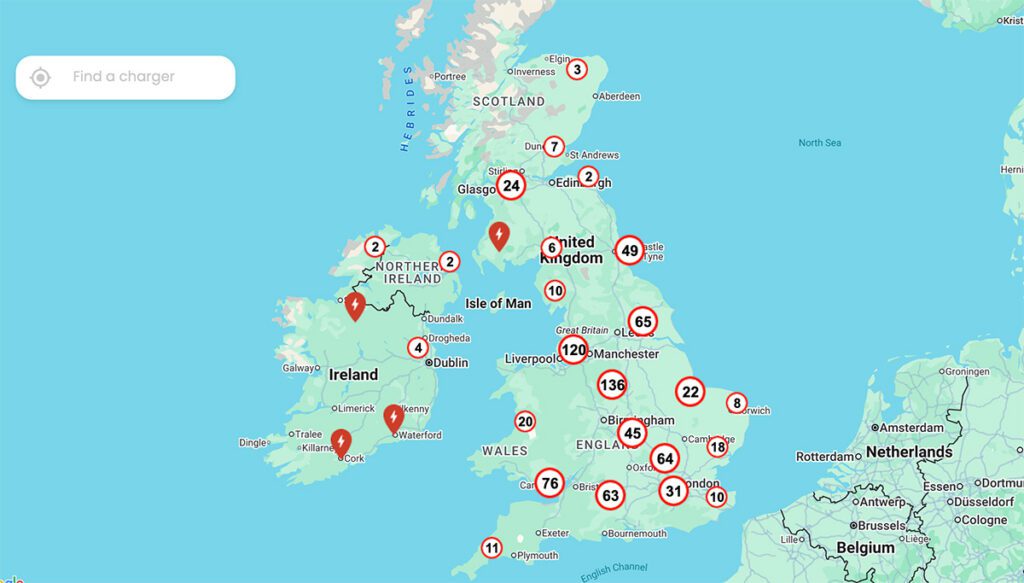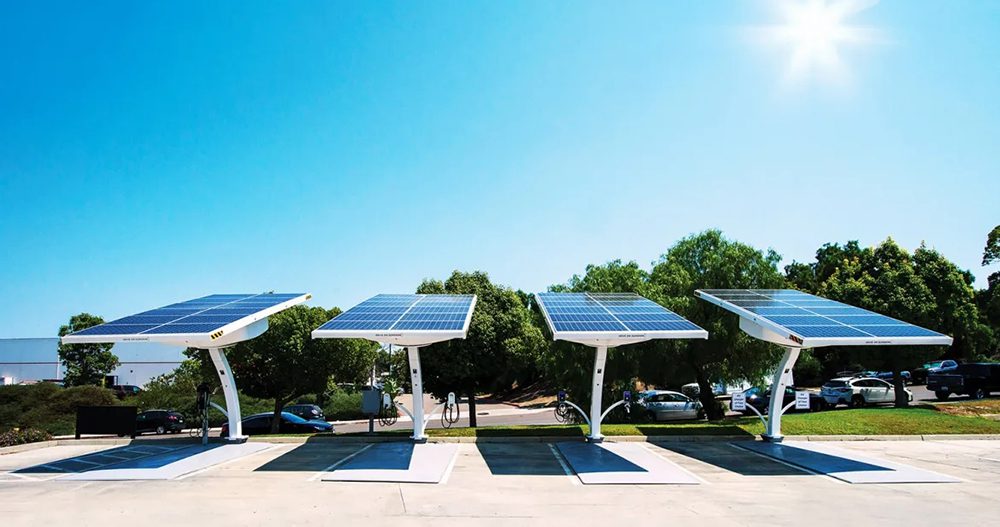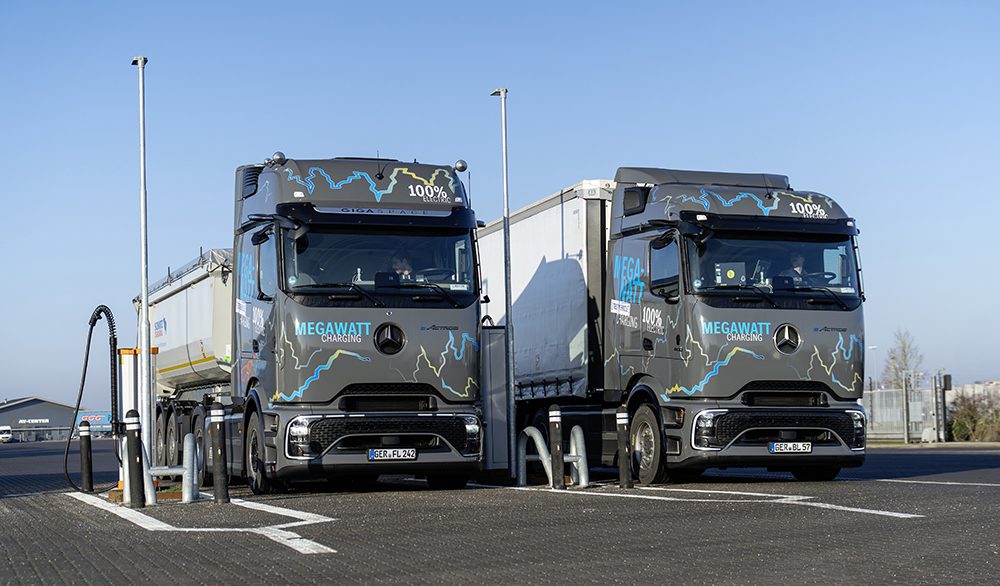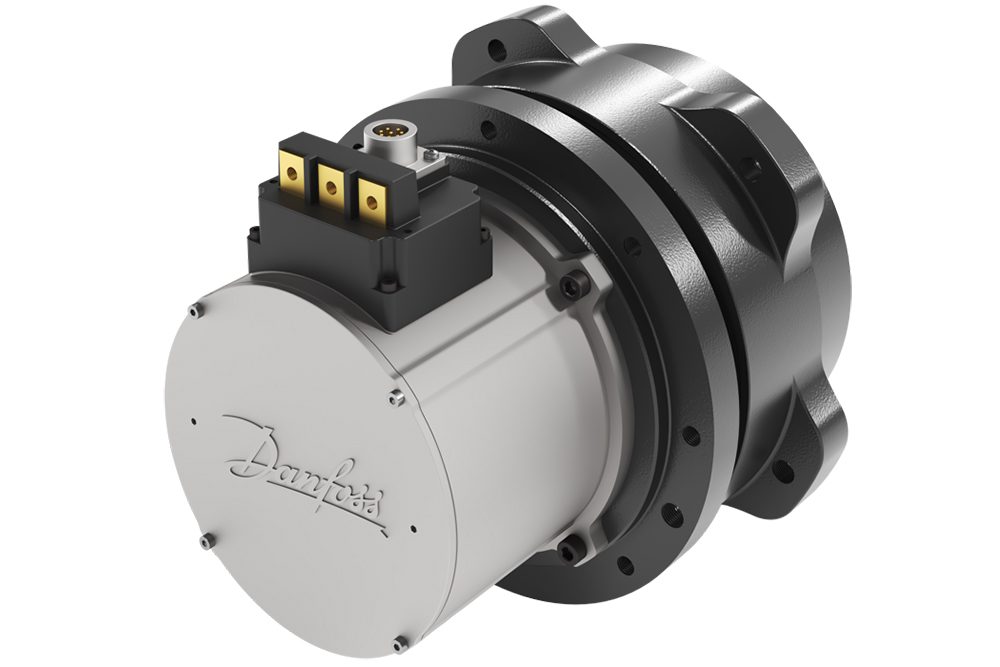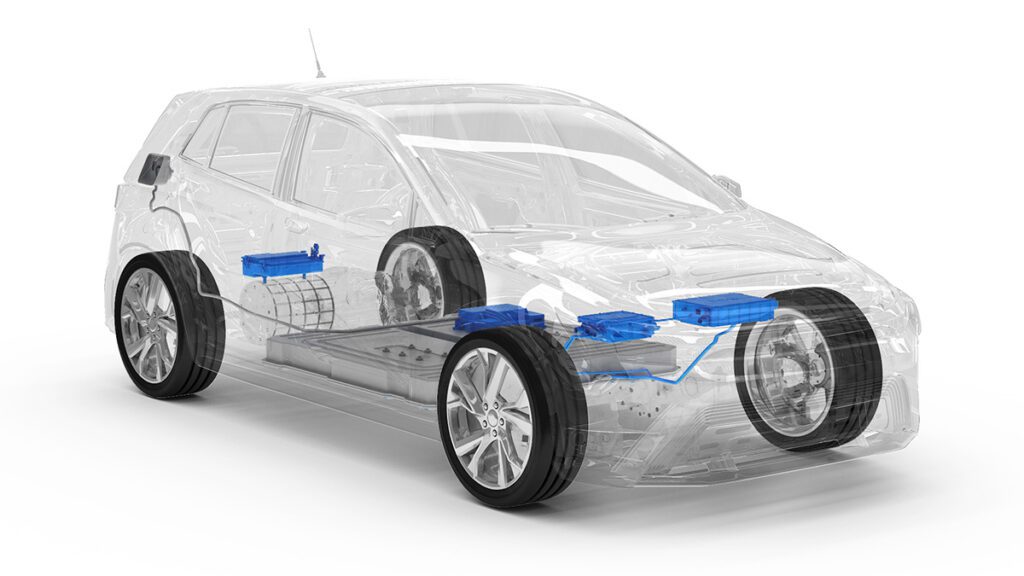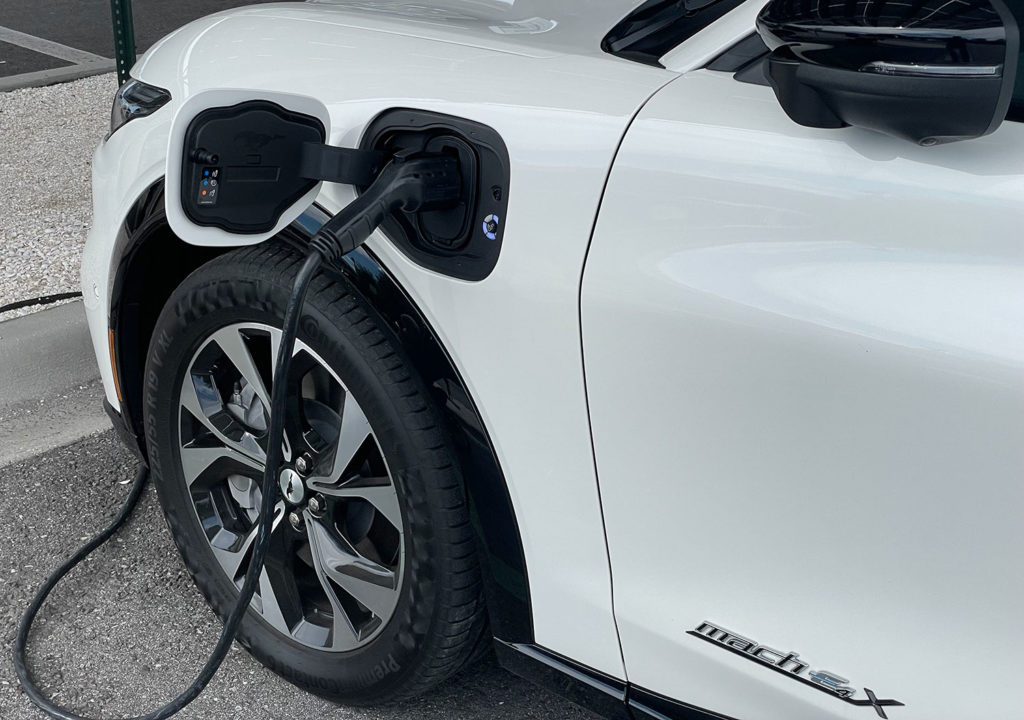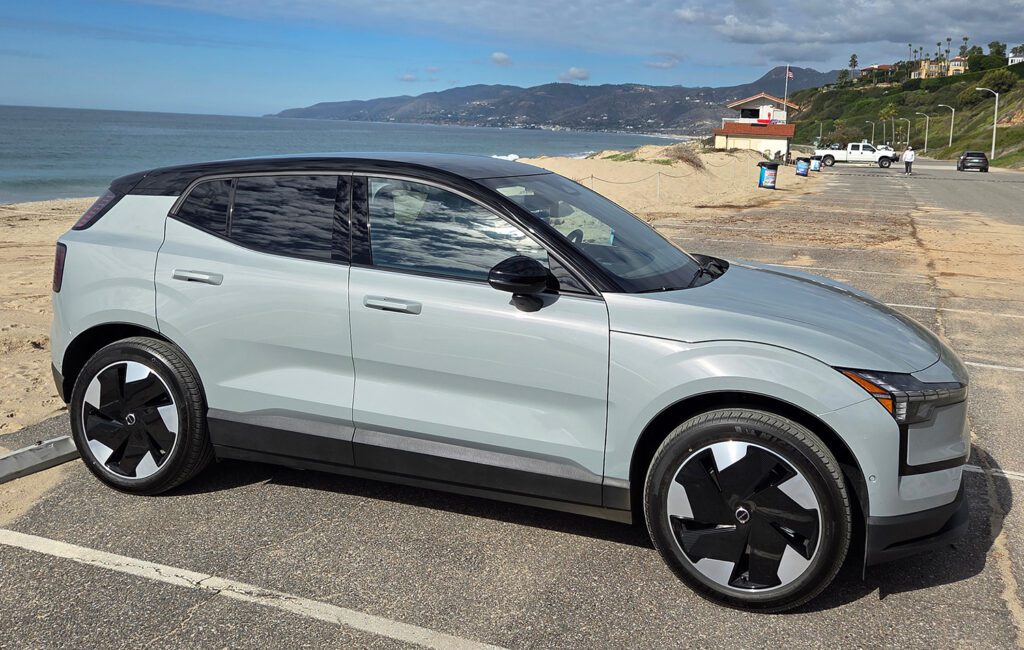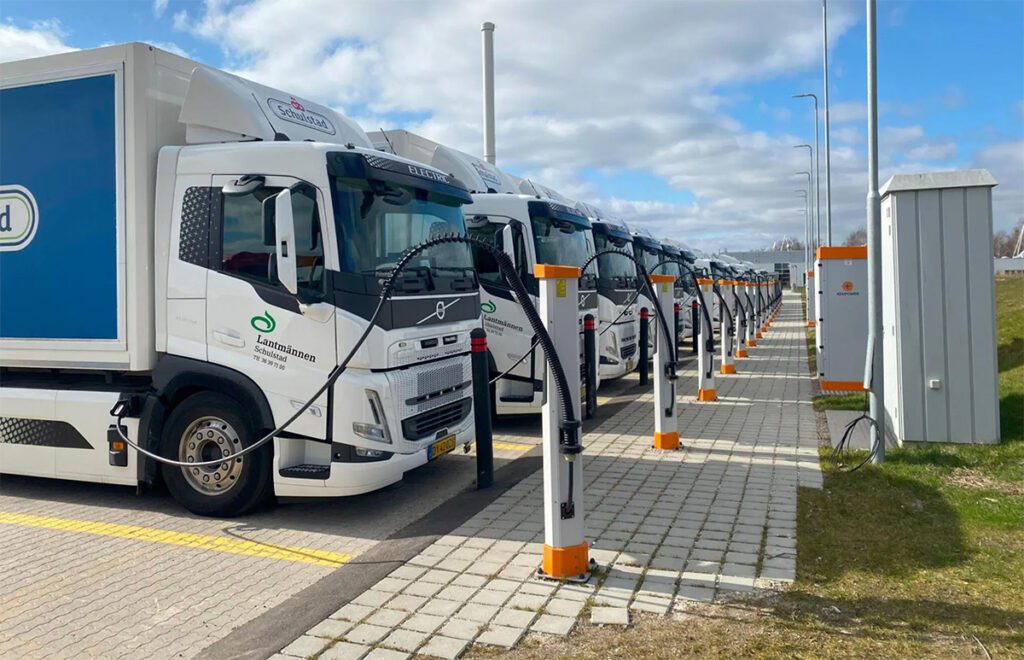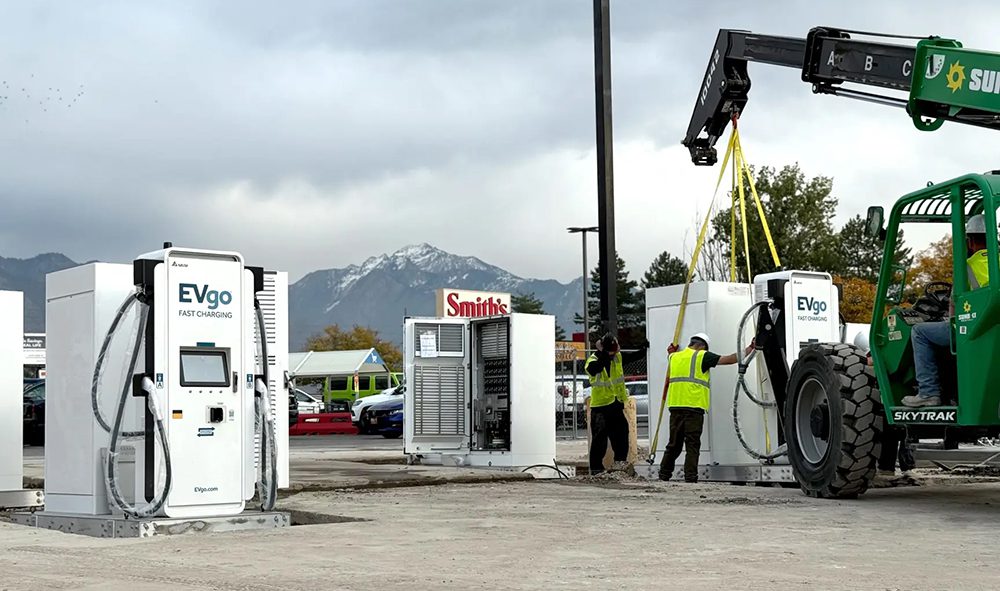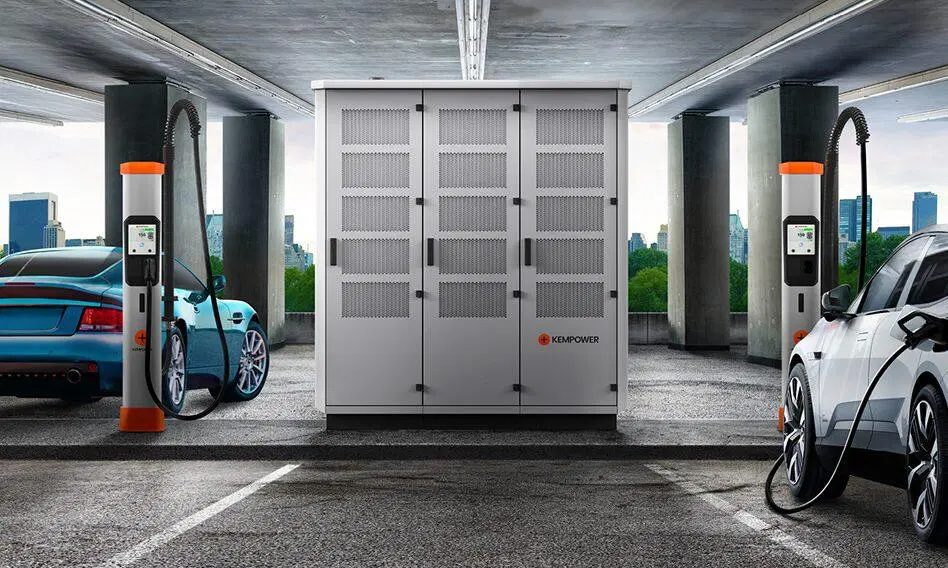California clean vehicle rebate funds run out, waiting list opened
On March 28, the California Air Resources Board (CARB) announced that it has run out of available FY 2013-14 funding for the Clean Vehicle rebate, and it has opened a $5 million rebate waiting list.
CARB estimates that it will need a total of $30 million to fill all new rebate requests between now and the end of FY 2013-14 (June 30, 2014). To bridge the funding shortfall CARB is seeking authorization to increase the size of its waiting list by another $5 million. During the waiting list period, eligibility criteria and rebates amounts will stay the same but rebate checks won’t be issued until September 2014.
California looking for a green light on additional HOV lane decals
California is approaching the 40,000 limit of authorized green HOV lane decals issued to plug-in hybrid electric vehicles like the Cadillac ELR, Chevy Volt, Ford C-MAX Energi, Ford Fusion Energi, Honda Accord Plug-in Hybrid and the Toyota Prius Plug-in. State Assembly member Al Muratsuchi has introduced a bill to authorize the state to issue another 45,000 green HOV lane decals.
On March 28, the California Department of Motor Vehicles announced that it has already issued 38,179 of the 40,000 available green decals. The DMV has reportedly suspended a program that allowed dealers to pre-register for up to 10 green decals before the vehicles were sold to customers. More than 60% of consumers view the green and white decals as an important part of their decision to buy or lease a new plug-in electric vehicle, according to a recent survey by the California Center for Sustainable Energy. California’s white decals, issued to zero emission vehicles, do not have a limit.
Time runs out for a bill to eliminate Georgia’s $5,000 Tax Credit for EVs
The Georgia General Assembly ran out of time to pass a bill that would have eliminated its $5,000 electric vehicle income tax credit.
The version of HB 257 that Rep. Chuck Martin (R-Alpharetta) introduced on February 7, 2014 was significantly revised as it worked its way through the Georgia General Assembly. Initially HB 257 would have repealed all tax credits for electric vehicles effective July 1, 2015. However, the Senate amended the bill to keep Georgia’s $5,000 income tax credit but limit the total amount authorized for the credit program to $10 million per year. When the House took up HB 257 again in the final hours of the 2014 legislative session, it added language to make plug-in hybrid electric vehicles eligible for the credit and a provision to cap all credits at $2,500. Time ran out before the revised House version could be sent to the Senate meaning HB 257 is dead.
Georgia is currently the third largest US market for the sale of electric vehicles and its tax credit is one of the largest in the nation. Supporters of the initial version of HB 257 felt that the credit was too generous. Don Francis, Coordinator for the Clean Cities Georgia Coalition pointed out that for the 2009-2012 period for which data is available, the total amount of credits received by Georgia taxpayers was less than $1.5 million. He also noted that the purchase of electric vehicles keeps money in Georgia that would have otherwise flowed out of the state to buy gasoline or diesel.
Utah legislature expands its electric vehicle tax credit to $1,500
On March 19, the Utah legislature sent a bill to its Governor that would increase Utah’s state income tax credit for electric vehicles. If signed, HB 74 will increase Utah’s maximum available tax credit for zero emission electric vehicles to $1,500 and create a new tax credit of up to $1,000 for plug-in hybrid electric vehicles. The bill would also extend the availability of tax credits to leased vehicles. However, this new law would only be effective for the 2015 tax year.
Utah estimated that 1,600 taxpayers would take advantage of the credit in 2015 with a total cost of $1.3 million. The new $1,500 credit would place Utah among a growing list of states that are offering significant incentives to accelerate the adoption of EVs.
Congress to take up energy tax extenders in April
Fifty-seven tax extenders expired on December 31, 2013 including tax credits for EV charging stations and two- and three-wheeled electric vehicles. Senate Finance Chairman Ron Wyden (D-OR) and House Ways and Means Chairman Dave Camp (R-MI) have both announced plans to address energy tax extenders in April.
Senator Wyden has not revealed which credits will be included in a bill he plans to release next week, and the draft bill already released by Congressman Camp proposed to repeal both credits. If renewed, it is uncertain whether these credits would be retroactively effective for all of 2014.
Barry Brents is a tax attorney, specializing in US and state tax law. His website, PlugIncentives.com, provides dealerships and consumers with the most up-to-date information about EV incentives.


































































